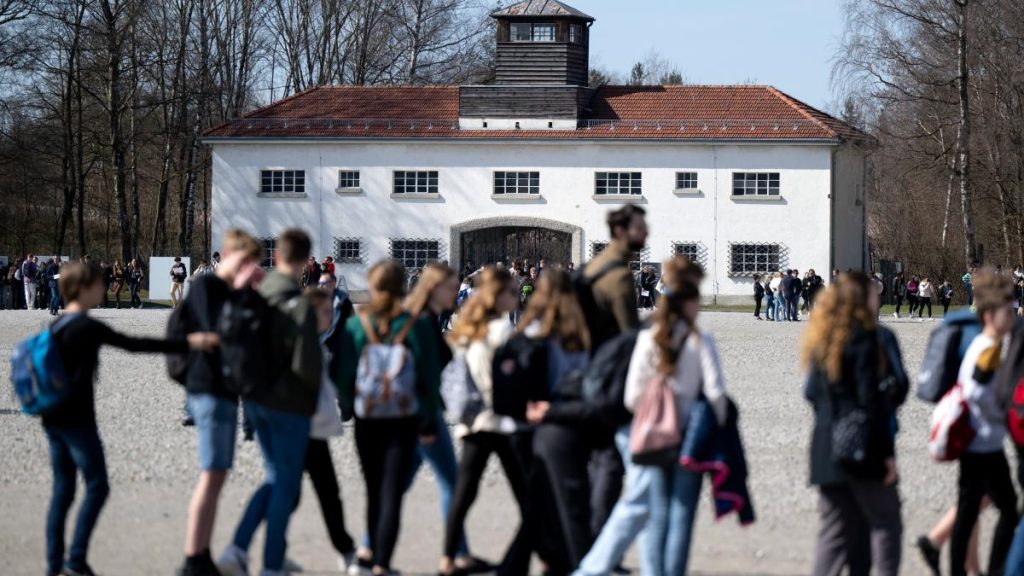The proposal by the Union faction in the Bundestag for mandatory visits to former Nazi concentration camps for all students in Germany has been unanimously rejected by the six largest concentration camp memorials. Only the seventh-largest memorial in Flossenbürg is in favor of the idea. CDU and CSU had called on the federal government in a motion in the Bundestag this month to ensure that all students in Germany visit a former concentration camp of the Nazi dictatorship embedded in their education at least once during their school years. The educational policy spokesman for the faction, Thomas Jarzombek (CDU), justified the demand by wanting to “keep the memory of the horrors of the Holocaust alive” for future generations. However, the seven major memorials have mostly rejected the proposal.
Jens-Christian Wagner, Director of the Foundation Memorials Buchenwald and Mittelbau-Dora, stated that “voluntariness is a basic requirement of democratic and historical-political education. This principle is highly valued in the memorials.” He argued that the demand for mandatory visits to concentration camps is often made reflexively after antisemitic incidents for groups that are mistakenly believed to be able to be healed or immunized. In order for students to be properly guided in memorial sites to truly learn from history, there would need to be a significant expansion of more intensive and longer formats.
Axel Drecoll, Director of the Brandenburg Memorials Foundation for Sachsenhausen and Ravensbrück, emphasized the importance of voluntary decision-making in educational work within memorials. He stated that while it is commendable for young people to learn about historical sites of Nazi crimes, forcing visits could have counterproductive effects and strengthen rejecting attitudes. Additionally, memorials are not adequately equipped, both in terms of personnel and finances, to provide qualified educational programs on such a large scale.
Gabriele Hammermann, Director of the Dachau Memorial, expressed the importance of voluntary visits to achieve a learning effect and emphasized the need for longer educational programs for students visiting memorial sites. Jörg Skriebeleit, Director of the Flossenbürg Memorial, highlighted positive experiences with mandatory visits for students in Bavaria, acknowledging the important educational potential of historical sites. However, he noted that there are limitations in terms of capacity and qualified personnel for accommodating all students across different school types.
Oliver von Wrochem, head of the Neuengamme Memorial, stressed the significance of engaging people of all ages in understanding the crimes of the Nazis and the relevance of this understanding for present actions. He cautioned against the idea of mandatory visits, stating that they may shift society’s responsibility to confront the Nazi regime’s crimes onto a specific group. Elke Gryglewski, Director of the Bergen-Belsen Memorial, advocated for allowing as many people as possible to visit memorials while ensuring that visits facilitate genuine learning processes, rather than resorting to compulsory visits that contradict the goal of fostering democratic values through education. She emphasized that in order for the audience to learn to be democratic, they must be treated democratically themselves.


